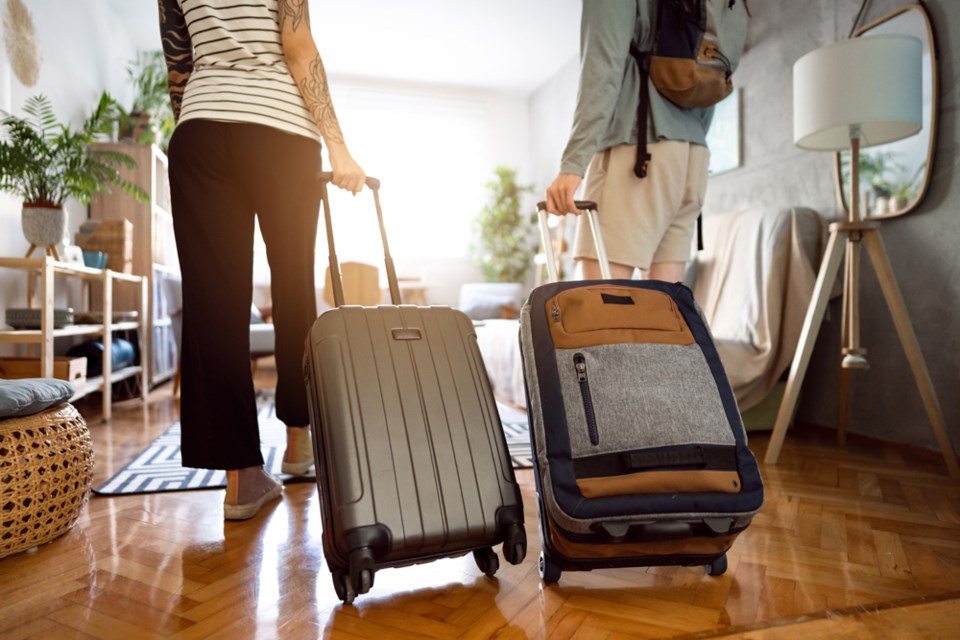Maintaining an unlicensed Airbnb could wind up costing you a whole lot more.
The District of 麻豆社国产is moving ahead with increased fines of up to $3,000 per day for short-term rental infractions.
At the regular business meeting on May 21, 麻豆社国产council members approved three readings of a bylaw amendment that would allow the District to increase fines for short-term rental (STR) infractions from $500 up to $3,000 per infraction, per day. This new $3,000 fine comes about from the provincial government allowing municipalities to increase their maximum fines up to that amount.
With three readings approved, council will likely adopt the increased fine at an upcoming regular business meeting.
Additionally, council OK’d three readings and adoption to change the definition of short-term rentals to less than 90 days, whereas it was less than 30 days previously. The change aligns the District with the province’s Short-term Rental Accommodations Act.
The planner presenting the update to council, Aja Philp, said increasing the maximum fines would “strengthen one of our STR compliance and enforcement tools.”
Moreover, the report alongside the presentation states that changing the definition to less than 90 days intends to “further disincentivize” short-term rental use for units and “protect existing secondary rental stock.”
Back in February, Philp told the council that the STR licensing compliance rate in 2023 was 48%, a slight drop from 49% in 2022. However, the total number of units in non-compliance increased from 98 in 2022 to 161 in 2023. There was a similar jump for compliance, going from 95 units in 2022 to 146 in 2023.
The District , although they allowed up to 30 temporary use permits (TUPs) for secondary suites or accessory dwelling units, but only 14 of the 30 were used in 2023.
“It's estimated that suites and accessory dwelling units continue to represent a significant portion of the STR inventory in Squamish,” Philp said in February.
At the May 21 meeting, Coun. Jenna Stoner said she was interested to see how these changes would impact STR compliance.
“One of the challenges that we’ve had with our short-term rentals has been around enforcement and regulation and this goes hand-in-hand with some of the efforts that the province is doing in terms of centralizing some of that,” she said.
As part of new provincial rules, B.C. will require STR platforms, like Airbnb and VRBO, to share data on listings with the government, which will then share with municipalities. Municipalities can then request the platform to take down listings without a valid business licence number.
Learn more from on the May 21 council agenda.




